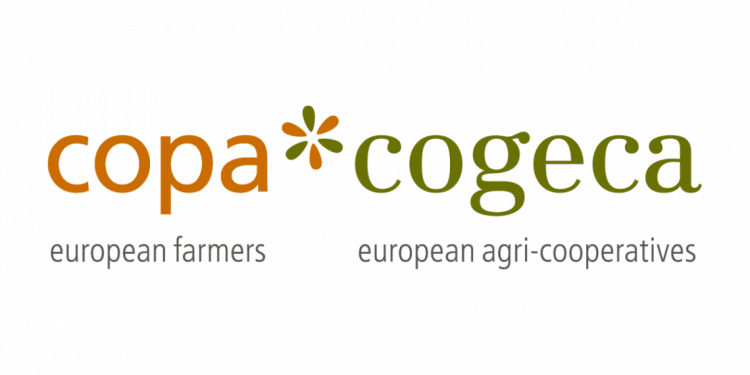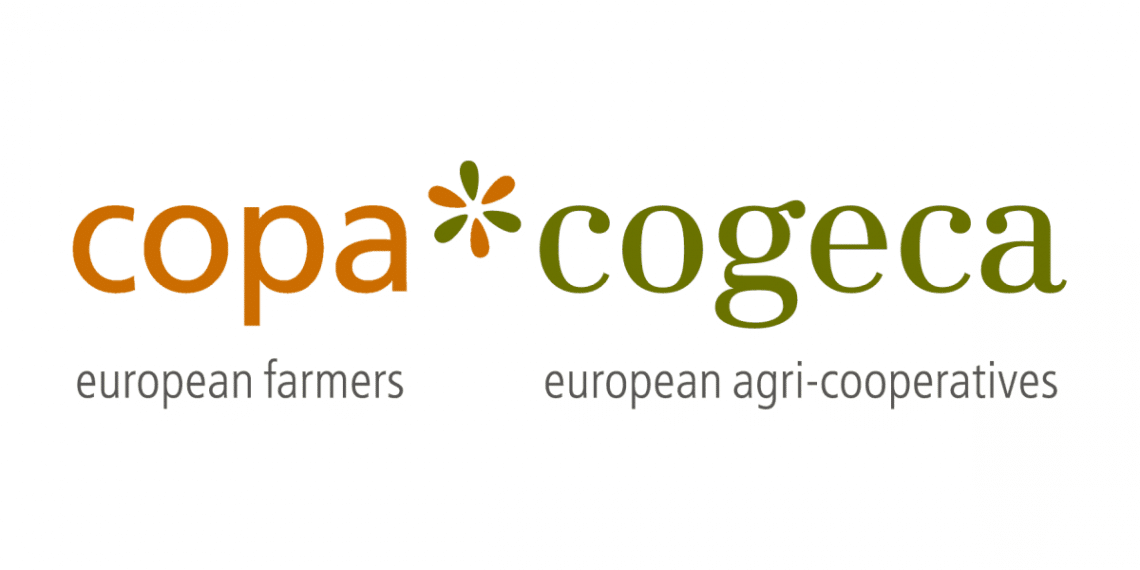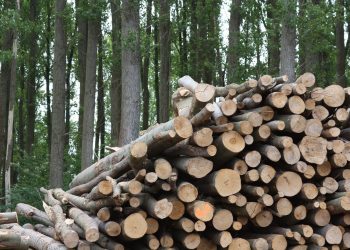Following marathon discussions in the Energy and Environment Council over the last three days in Luxembourg, M inisters of EU’s 27 M ember States reached agreements on a series of important files for the agriculture sector.
These initiatives along with the Farm to Fork Strategy, the Nature Restoration package, the Forest Strategy for 2030 and others, propose profound changes and important investments that can redefine the EU’s agricultural model for decades to come. On the ground, European farmers and agri-cooperatives are already engaged in these multiple transitions, committed to contributing to the Paris Agreement and supporting worldwide climate change mitigation as an essential part of the international political agenda. Copa and Cogeca believe that the objectives set out by the EU with these ambitious initiatives will only be achievable if efficient legislative instruments will be implemented building on the climate change mitigation potential of the land-based sectors, with the production of food (incl. feed) being a central factor, as per Article 2
(b) of the Paris Agreement. It is essential that the Fit for 55 Package provides certainty and stability for the agricultural sector and takes into account its capacity, potential and constraints when it comes to reducing GHG emissions.
On what concerns the Fit for 55 package, the Council, under the French Presidency, adopted its negotiating positions (general approaches) on the following legislative proposals among others: effort-sharing between member states in non-ETS sectors (ESR), emissions and removals from land use, land-use change and forestry (LULUCF), Renewable Energy Directive (RED) and CO2 emission standards for cars and vans.
On LULUCF, the Council confirmed an overall ambitious objective of 310 Mt CO2 equivalent of net removals in the LULUCF sector in 2030 at EU level. The current ‘no debit rule’ will continue to apply until 2025. For the period from 2026-2030, the Council decided to keep the distribution of targets between member states. According to which, each member state will have a binding national target for 2030, as well as a sum of net greenhouse gas emissions and removals for the whole period from 2026 to 2030, which shall be based on a trajectory of indicative annual values. From Copa and Cogeca’s perspective, EU targets alone would have been the preferable option. On a positive note, the Council agreed and introduced certain flexibilities for instance on natural disasters and providing support to Member States that have difficulties in meeting their targets. The Council also agreed that the Commission should conduct in 2023 a report, on including non-CO2 greenhouse gas emissions from agriculture in the scope of the regulation and the setting of post 2030 targets for the land use sector. While we welcome submitting this report; including non-CO2 GHG from agriculture hampers the concept of AFOLU (Agriculture, Forestry and other Land Use) and disturbs natural flows between the covered sectors which have an undeniably synergic relationship. Non-CO2 agricultural GHG should be included under LULUCF post-2030.
With regards to the ESR, the Council agreed to an EU-level greenhouse gas emissions reduction target of 40% compared to 2005; for the sectors not covered by the ETS, among which we can find agriculture. It agreed to keep the increased national targets assigned to each member state, as proposed by the Commission, but stressed that specific national circumstances must be taken into account. This is reflected in its agreements to adjust M ember States’ linear emissions trajectories in 2025 in the event that this leads to higher annual limits for the Member State concerned, for reasons of predictability (i.e. such as unforeseen events). This adjustment mechanism is welcomed by Copa and Cogeca members.
When it comes to the Renew able Energy Directive (RED II) and CO2 emission standards for cars and vans, Copa and Cogeca members support a stable and long-term policy that secures existing and future investments in the bioenergy sector and greater coherence between different EU policies, where certified sustainable crop-based biofuels are a cost-efficient solution to decarbonize transport and have insignificant impact on food security. The Council General approach on RED II agrees upon many multipliers of the energy content of renewable energy into the RES target. This approach is misleading the consumers on the real renewable energy consumption and increases fossil fuels. On CO2 emission standards for cars and vans, Copa and Cogeca members regret to see the ban of internal combustion engine vehicles by 2035. Unfortunately, to date no powertrain technology is ‘zero-emission’, even for electric mobility, and all technologies should be able to contribute to road transport decarbonisation.
Concerning the proposal on deforestation, Copa and Cogeca support the European Commission’s work in fighting this damaging phenomenon worldwide. This fight, however, should not put at risk the competitiveness of the EU agri-food and forest sectors and should not disrupt the supply of raw materials nor impact food security. The general approach adopted by the Environmental Council on 28 June recognises the complexity of this file and the need to maintain a balance between ambition and pragmatism. Therefore, Copa and Cogeca welcome the changes, proposed by the Council, to the Commission’s text in particular on certain definitions, such as forest degradation, sustainable harvesting and on the inclusion of the specific provision that take into account the specificities of the cattle sector in EU. Also welcomed are the Council amendments on addressing the proportionality and administrative burden aspects. In addition, we welcome the removal of the article on the Commission power to adopt delegated acts as we consider that any future amendments to the Regulation which are linked to essential elements should be better analysed and discussed in detail during the preparation of the position of different institutions. Copa and Cogeca call on the European Parliament to come with a balanced position that will guarantee that any additional rules imposed ensure a level playing field for EU farmers and operators and take into account the complexity of global supply-chains.
Copa and Cogeca look forward to the continuation of the work on these files in trialogues and Parliamentary Committees and we stand ready to engage with all institutions in order to make the Fit for 55 package truly fit the needs of the European innovative and sustainable agriculture of tomorrow.
Artigo publicado originalmente em Copa Cogeca.





















































Discussão sobre este post